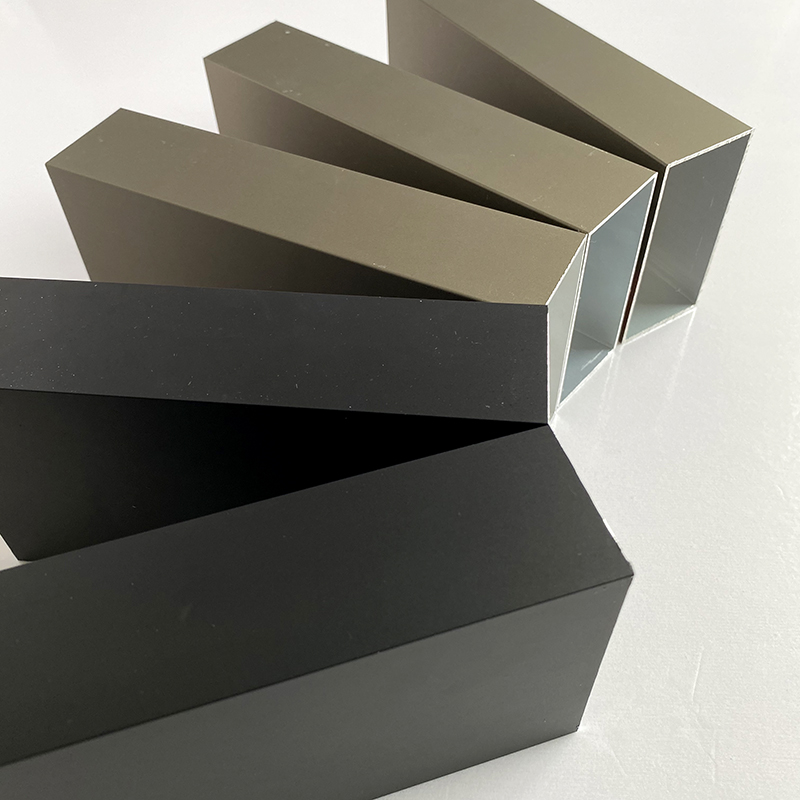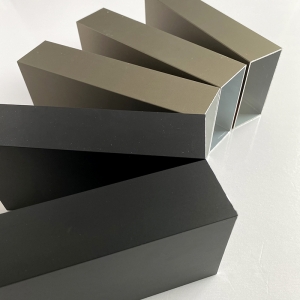-
 sales@ahyalu.com
sales@ahyalu.com
-
 +86 13396429516
+86 13396429516








Black sandblasting anodize
Black sandblasted anodize is a surface treatment process that combines the texturing effect of sandblasting with the protective and decorative benefits of anodizing, resulting in a durable, matte black finish on aluminum parts.
- Model:
- Brand:
- Specs:
Black sandblasted anodize is a surface treatment process that combines the texturing effect of sandblasting with the protective and decorative benefits of anodizing, resulting in a durable, matte black finish on aluminum parts. Sandblasting roughens the surface, while anodizing creates a porous aluminum oxide layer that can be dyed black, enhancing both aesthetics and corrosion resistance. This process is favored for its ability to mask imperfections, provide a tactile feel, and offer a uniform, visually appealing finish.
Sandblasting:
Involves propelling abrasive material (like sand) at high pressure against the aluminum surface to create a textured, matte appearance.
This roughened surface improves adhesion for subsequent anodizing and dyeing.
Can mask extrusion defects like bands, rifling, and flames, reducing scrap during manufacturing according to NECE Anodizzazione.
Anodizing:
A process where the aluminum part is immersed in an electrolytic solution and an electric current is passed through it.
This forms a durable, protective oxide layer on the surface.
The oxide layer is porous, allowing for the absorption of dye.
Black Dyeing:
The anodized aluminum is then immersed in a black dye solution (organic, inorganic, or electrolytic).
The dye penetrates the pores of the oxide layer, imparting a black color.
Benefits:
Aesthetics: Provides a uniform, matte black finish, enhancing the appearance of the product.
Corrosion Resistance: Anodizing significantly improves the aluminum's resistance to corrosion.
Wear Resistance: The anodized layer is hard and wear-resistant, making it suitable for mechanical parts.
Adhesion: The textured surface from sandblasting enhances the adhesion of coatings or adhesives.
Masking: Hides surface imperfections from the extrusion process.
Applications:
Aerospace components, Building components, Consumer goods, Mechanical parts, Signage, Architectural embellishments, and Automotive parts.





